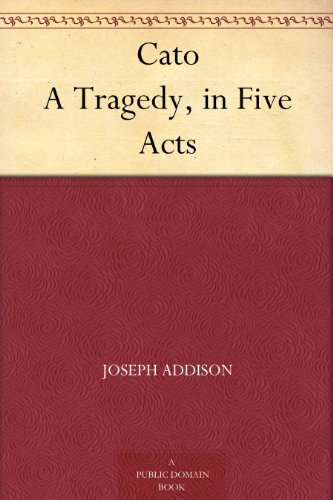Sublime
An inspiration engine for ideas



ubi tu Caius, ego Caia — a formula which tells us that, if in the house there was not equal authority, there was equal dignity.
Numa Denis Fustel de Coulanges • The Ancient City: A Study of the Religion, Laws, and Institutions of Greece and Rome (Illustrated)
And when I do my social duty, says Marcus, I should do so quietly and efficiently. Ideally, a Stoic will be oblivious to the services he does for others, as oblivious as a grapevine is when it yields a cluster of grapes to a vintner. He will not pause to boast about the service he has performed but will move on to perform his next service, the way
... See moreWilliam B. Irvine • A Guide to the Good Life: The Ancient Art of Stoic Joy


The Roman commander at the siege of Pompeii in 89 BCE, where the teenaged Cicero served as a very junior officer, was Lucius Cornelius Sulla Felix, meaning ‘lucky’ or, rather more imposingly, ‘the favourite of the goddess Venus’.
Mary Beard • SPQR
